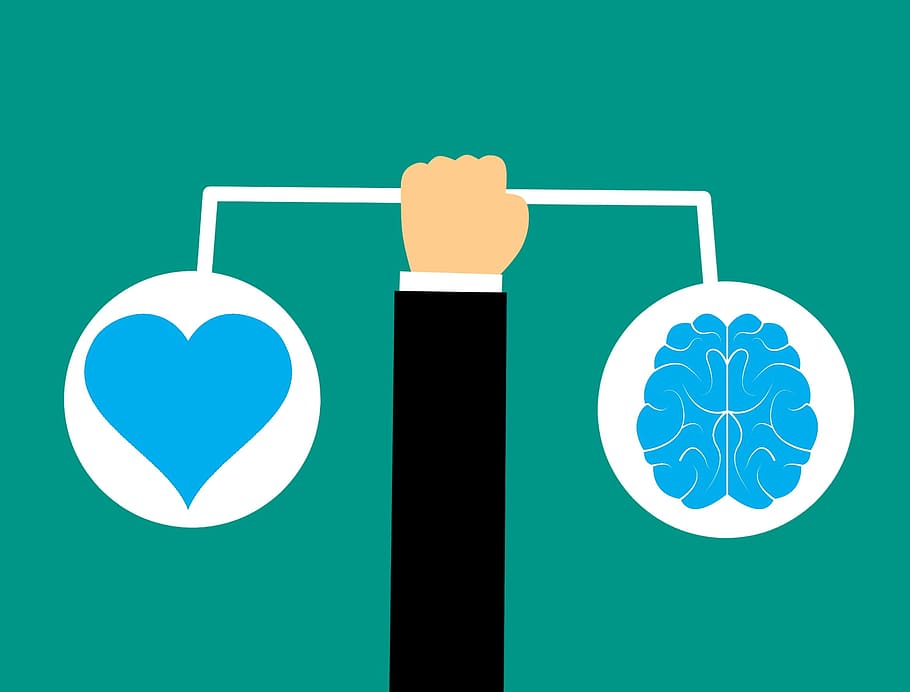
FAQ About Basics of Emotional Intelligence
Can emotional intelligence be helpful in parenting?
Parent-Child Bond: EI helps parents develop strong emotional bonds with their children. Parents with high EI can attune to their child's emotional needs, recognize and respond appropriately to their emotions, and create a secure and nurturing environment. This bond fosters trust, open communication, and a sense of emotional safety for the child.
Emotion Regulation: Parents with high EI can regulate their own emotions effectively, which is crucial for maintaining a calm and supportive parenting approach. By managing their own stress, frustration, and anger, they can respond to their child's emotions in a composed and empathetic manner, promoting emotional well-being and modeling healthy emotion regulation.
Empathy and Understanding: EI enables parents to empathize with their child's emotions and perspectives. By understanding their child's feelings, parents can validate their experiences, provide comfort, and support their emotional development. Empathy helps parents establish a strong emotional connection with their child and fosters a sense of trust and security.
Effective Communication: EI enhances communication skills, allowing parents to effectively express themselves and understand their child's thoughts and feelings. High EI parents can engage in active listening, use age-appropriate language, and communicate with empathy and respect. Effective communication helps build a positive parent-child relationship and promotes healthy emotional expression and understanding.
Emotional Coaching: EI enables parents to serve as emotional coaches for their children. They can help their child identify and label emotions, understand the causes and consequences of emotions, and develop strategies for emotion regulation and problem-solving. Emotional coaching enhances the child's emotional intelligence and equips them with skills to navigate their emotions effectively.
